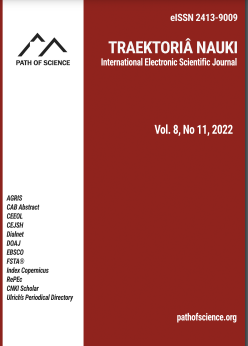Organic Waste Management in the Hospitality Area for the Development and Conservation of Ecotourism in the Mandalika Special Economic Zone, Indonesia: Literature Review
Organic Waste Management in the Hospitality Area for the Development and Conservation of Ecotourism in the Mandalika Special Economic Zone, Indonesia: Literature Review
Author(s): Iswari Pauzi, Agus Abhi PurwokoSubject(s): Government/Political systems, Human Ecology, Environmental interactions, Tourism
Published by: Altezoro, s. r. o. & Dialog
Keywords: Organic Waste; Hotels; Ecotourism;
Summary/Abstract: The Mandalika Special Economic Zone is included in five super Priority Travel Destinations throughout Indonesia. Mandalika has two main potential tourist attractions: the beauty of white sand and green hills along the coastline that stretches for 7.2 km. The target for Mandalika for Total Hotels & Resorts is 10,000 units, and villas, condominiums, and townhouses are 3800 units which will potentially become a source of waste. The total landfill in Mandalika is 215.7 tonnes/per year. Waste management, including waste reduction and handling in Mandalika, must be of particular concern to area managers, tourism managers, communities, tourists and local governments. Efforts that the Regional Government has made are increasing the number of landfills, garbage collection vehicles and cleaners. In addition, what is no less important is the need to educate the public about cleanliness and training in organic and inorganic waste management. Community involvement around Mandalika will positively impact the local community's economy because the results of waste processing by recycling and composting can be re-sold.
Journal: Traektoriâ Nauki
- Issue Year: 8/2022
- Issue No: 11
- Page Range: 2010-2015
- Page Count: 6
- Language: English

